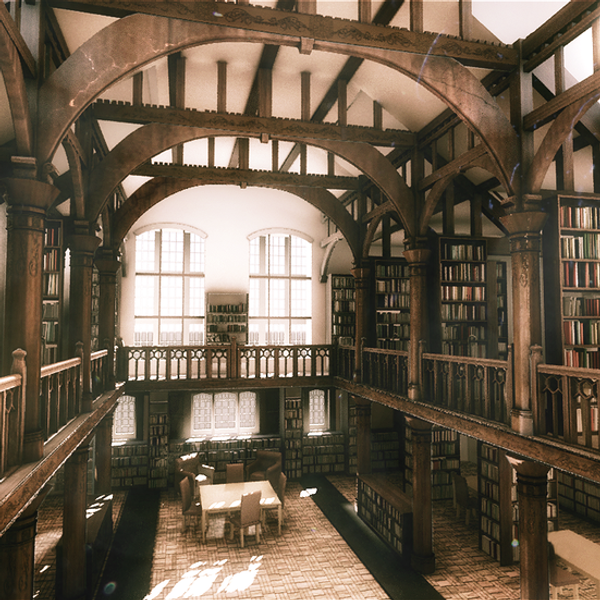When people hear "history" they tend to think back to their years in school, years of rote memorization of meaningless names and dates. History, to them, brings to mind the dusty, rightfully-forgotten lives of men and women long gone from this world.
In short, history doesn't matter to them.
I've heard people say that majoring in history is a waste of a degree. They'd say that prospective history students would be better off learning a trade or a science to prepare them for the real world.
I'm biased, of course, being a lifelong fan of history, but I think that these hypothetical people touch on a very important point regarding the way that our school system teaches history.
History, I would argue, is one of the most important subjects a person can study. There are two major reasons for this, the first being based around that timeless adage of George Santayana that "those who forget the past are doomed to repeat it." We record history so that future generations will know what we did right and what we did wrong. History allows our children and grandchildren to learn from our mistakes and carry on our successes.
When the Second World War came to a close, the Allied Powers could have imposed a second Versailles upon the Germans and Italians, but because they remembered how the first Treaty of Versailles had only served to create tension, they went a different route. They chose reconstruction over reparation, setting right the wrongs of their forefathers.
This is an example of the second great lesson of history: Cause and Effect. No other subject in the American school system can provide as firm a grasp of this concept as history. By focusing not on the dull events and faded names as they stand alone but rather on how they lead to one another, history provides a perfect lens for viewing the principles of action and consequence.
My favorite example of this lies in what is, in my opinion, the most influential decision of all time. In 330 AD, Emperor Constantine the Great moved the capital of the Roman Empire from Rome to the tiny city of Byzantium in Eastern Greece. Some years after Constantine's death, the Roman Empire split into two for a second time. The Western Empire, ruled from Rome, collapsed a mere century and a half later. The Eastern Empire, ruled from Byzantium (renamed Constantinople in Constantine's honor) weathered the storm of time for seven centuries, acting as a bastion between the weak world of Christian Europe and the ever-growing Caliphates of Arabia and North Africa. Finally, the Eastern Empire began to collapse, losing much of its lands to invading Turks in the mid 1000s. Desperate for support, the Emperor called on the Pope for any aid.
Because the Byzantine Empire was Orthodox, the Pope would have been unable to rally aid for them from any of the Catholic kingdoms of Western Europe, so he used a pretense. The Crusades were called, as "reclaim the Holy Land" was a more inspiring call-to-arms than "help the Byzantines!" Many years of fighting passed in the middle east. It was not all war, however, and the trading ties between Italy and Egypt grew strong. The income from Egypt filled the pockets of the Italians, and the Renaissance was a side effect, fueled by spare change and ideas from the Muslim world. Education and literacy increased, and intellectuals began examining the world around them.
An individual inspired by this traveled to Spain to seek an audience with the King and Queen, Ferdinand and Isabella. He asked them to fund an expedition West, to see if he could find a sea route to rich lands of the Orient. His name was Cristoforo Colombo, and his voyage began the colonization of the Americas.
All of this can be traced back to Constantine's decision to move somewhere new, and could certainly be traced beyond if one wishes to try. This summary, of course, skims over a massive amount of information considering it spans eleven centuries in the space of three paragraphs. Those details that I left out impacted the end result in their own ways as well, from the largest battle to the smallest movement.
Our understanding of cause and effect is an essential yet often overlooked facet of our lives, affecting our careers, our relationships, and especially our politics and government, and through the study of history, we can gain a greater grasp of it than through any other field.
By studying and teaching our past, even our greatest mistakes, we can learn to shape our future.





















